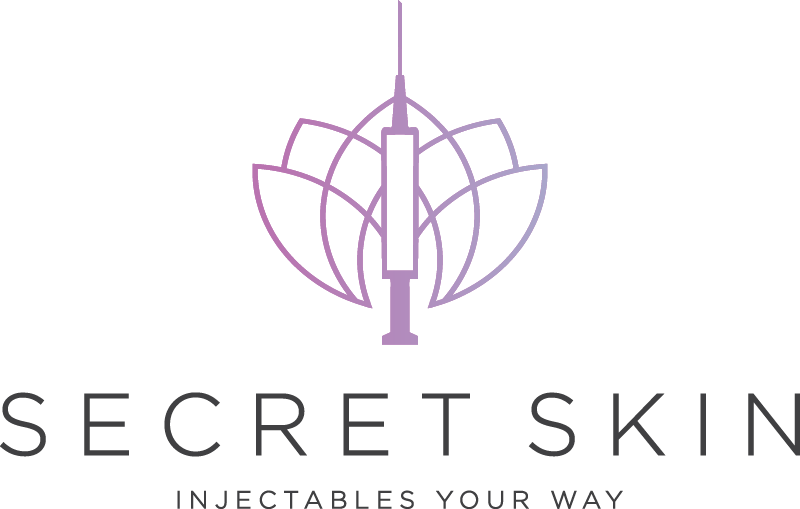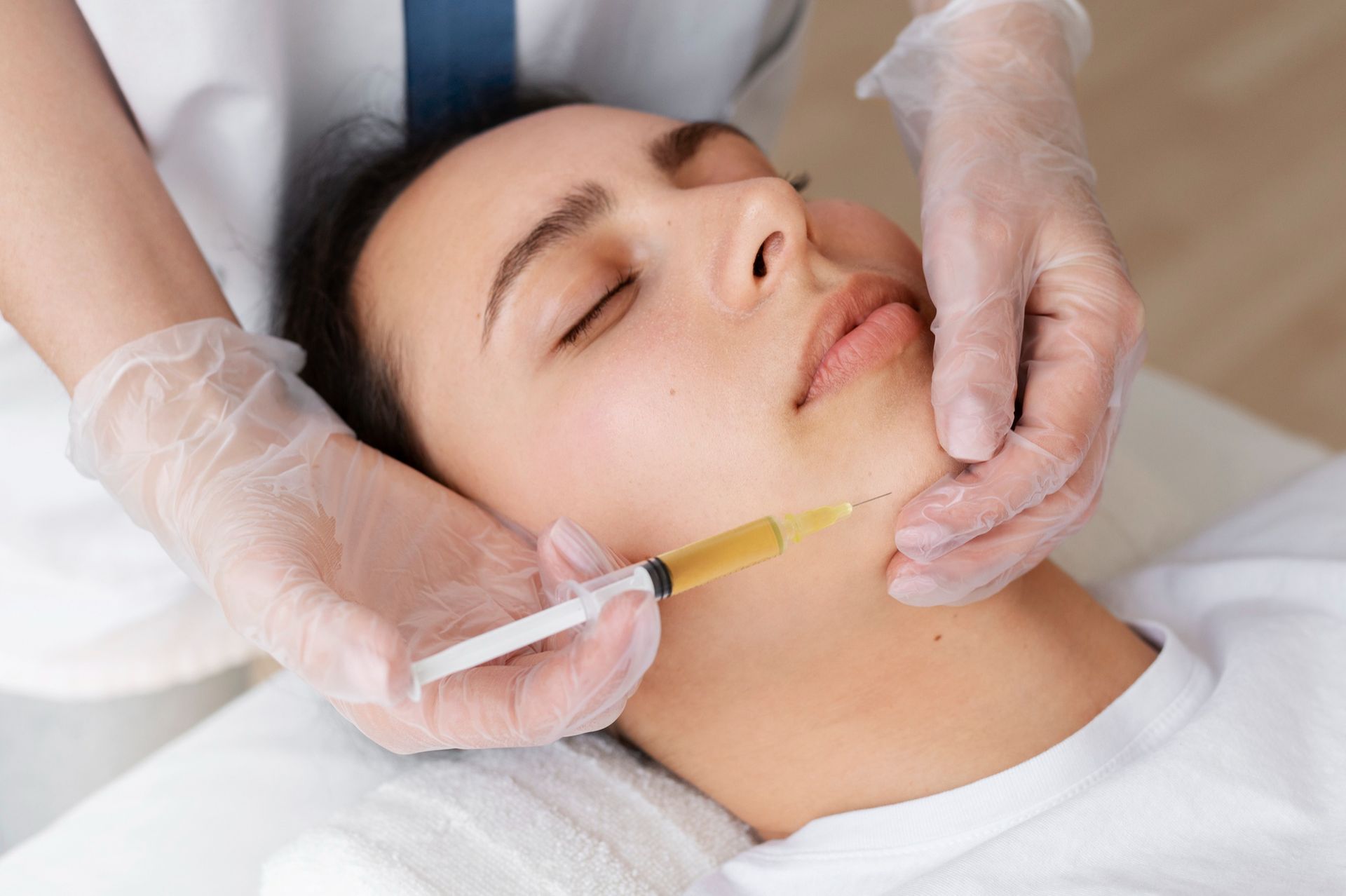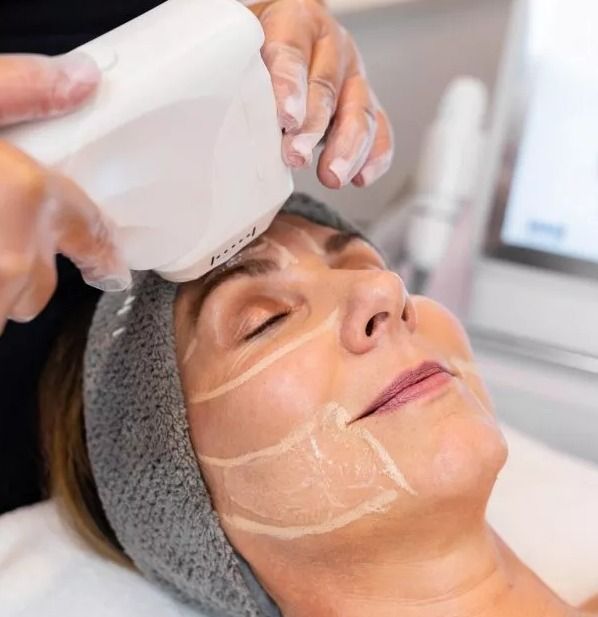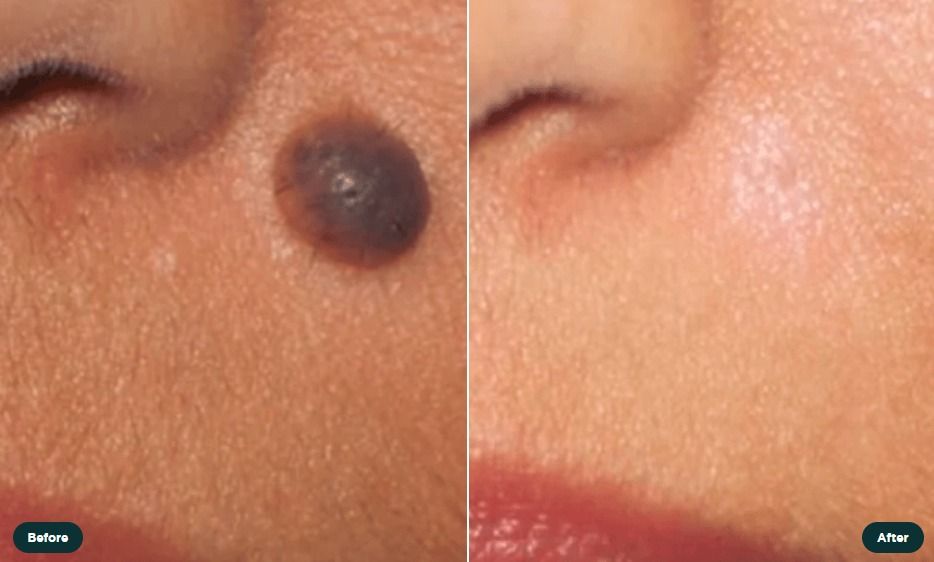Unlocking the Mystery of Jaw Clenching: Causes and Botulinum Toxin as a Scientifically Proven Treatment
Tired of having that sore, tight jaw that comes with jaw clenching?
This article might be for you.
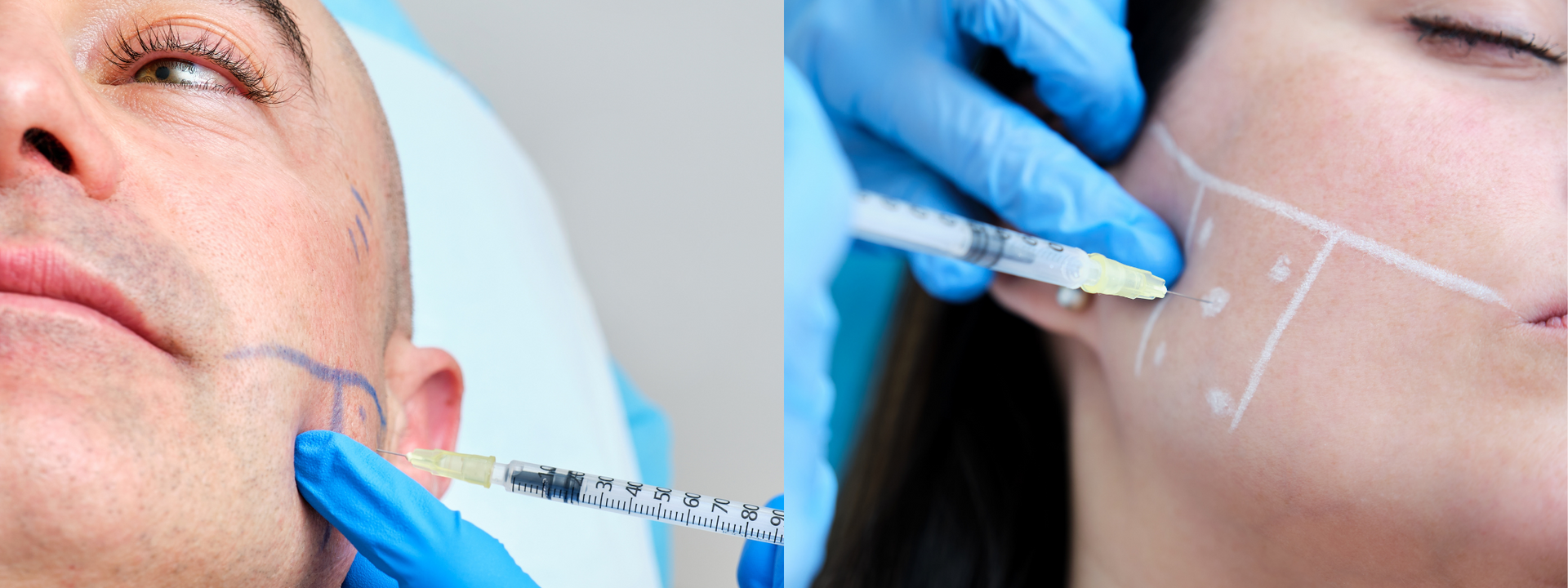
Foreword
You might be one of the millions worldwide that suffer from jaw-clenching or teeth grinding and have found this article. This might be the best find you have come across in some time. In this article, you will discover the causes of the symptom, how botulinum toxins can be used to alleviate the symptoms and a brief rundown of how Secret Skin Shellharbour performs the Jaw Clenching Treatment.
Introduction
Jaw clenching, medically known as bruxism, is a common and bothersome condition that affects many individuals worldwide. This involuntary habit involves grinding or clenching the teeth, often occurring during sleep or times of stress. Chronic bruxism can lead to dental problems, jaw pain, and disrupted sleep. Fortunately, advances in medical science have led to innovative treatments, and one such solution gaining popularity is the use of Botulinum Toxin injections. In this article, we will explore the causes of jaw clenching and delve into how Botulinum Toxin is proving to be an effective and evidence-based treatment.
Understanding the root causes of jaw clenching is crucial for devising appropriate treatment plans. Extensive research has shed light on several scientific causes of bruxism:
1. Sleep Disorders and Central Nervous System Dysfunction:
Sleep-related issues, particularly sleep-related breathing disorders like sleep apnea, have been associated with bruxism. Additionally, central nervous system dysfunction and changes in neurotransmitter levels may contribute to the development of bruxism.
2. Stress and Anxiety:
Psychological factors play a significant role in bruxism, with stress and anxiety being major triggers. The increased activity of the sympathetic nervous system during stressful periods can lead to jaw clenching during both waking and sleeping hours.
3. Dental Occlusion and Malocclusion:
The relationship between dental occlusion (the way teeth come together) and bruxism has been extensively studied. Malocclusion or teeth misalignment can contribute to bruxism as the brain attempts to adjust the jaw position through clenching and grinding.
The Role of Botox in Treating Jaw Clenching
Botox, a neurotoxin derived from the bacterium Clostridium botulinum, has gained recognition as an effective treatment for jaw clenching. The mechanism of action involves blocking the release of acetylcholine, a neurotransmitter responsible for muscle contraction. When injected into the jaw muscles responsible for clenching and grinding, Botox reduces muscle activity, providing several therapeutic benefits:
1. Muscle Relaxation:
Botox effectively relaxes the treated muscles, preventing excessive teeth grinding and clenching.
2. Pain Relief:
By reducing muscle tension, botulinum toxin can alleviate jaw pain and tension headaches associated with bruxism.
3. Dental Protection:
Botox treatment helps protect teeth from the damaging effects of bruxism, preserving dental health.
Treatment of Bruxism using Botulinum Toxins
Treating bruxism, or jaw clenching, with botulinum toxin injections is a safe and minimally invasive procedure performed by qualified healthcare professionals, typically dentists or dermatologists. Botulinum toxin, is injected into specific jaw muscles to temporarily relax them, reducing the intensity of teeth grinding and jaw clenching. The procedure is relatively quick, with minimal discomfort, and can provide significant relief for individuals suffering from bruxism. Here's an overview of the procedure:
Step 1: Consultation and Assessment
The first step in treating bruxism with botulinum toxin is to schedule a consultation with a qualified healthcare professional. During this initial appointment, the provider will conduct a thorough assessment to determine the severity of the bruxism, identify the specific jaw muscles responsible for clenching and grinding, and assess the patient's overall health and suitability for botulinum toxin treatment.
Step 2: Treatment Plan
Based on the assessment, the healthcare professional will create a personalised treatment plan tailored to the patient's needs. The treatment plan will include the target muscles for botulinum toxin injections and the appropriate dosage to achieve the desired muscle relaxation.
Step 3: Botox Injection
On the day of the procedure, the patient will be seated comfortably in a treatment chair. The healthcare professional will clean the injection sites and may apply a topical anesthetic cream to minimise any discomfort during the procedure.
Using a fine needle, the botulinum toxin solution will be injected into the specific jaw muscles identified in the treatment plan. The number of injections and the amount of botulinum toxin used will vary depending on the individual's unique anatomy and the severity of the bruxism.
Step 4: Post-Treatment Care
After the Botox injections, the patient can resume normal activities immediately. There is usually no downtime associated with the procedure, and most individuals can return to work or daily routines right away.
However, the healthcare professional may advise the patient to avoid rubbing or massaging the injected areas for a few hours following the procedure to prevent the botulinum toxin from spreading to unintended muscles.
Step 5: Results and Follow-Up
The effects of botulinum toxin on jaw clenching are not immediate and may take a few days to become noticeable. Over the course of the next week or two, the jaw muscles will gradually relax, reducing the frequency and intensity of teeth grinding and jaw clenching.
The results of botulinum toxin treatment for bruxism typically last around 3 to 4 months, but this can vary from person to person. Follow-up appointments may be scheduled to assess the treatment's effectiveness and determine if additional Botox injections are needed to maintain the desired results.
Conclusion
Jaw clenching, or bruxism, can have a significant impact on oral health and overall well-being. Understanding the scientific causes of this condition allows for targeted treatment approaches. botulinum toxin has emerged as a promising solution for jaw clenching, offering muscle relaxation, pain relief, and dental protection. If you are struggling with jaw clenching, consider consulting with a qualified healthcare professional to explore the potential benefits of botulinum toxin treatment. By embracing scientifically proven solutions, you can reclaim a healthy and pain-free jaw, improving your quality of life and overall well-being.
If you are one of the millions worldwide that suffer from bruxism, simply call 02 4210 4311 and speak with one of our customer service team and they will be delighted in booking you in for a consultation with Dr Rob for an assessment and advice.
Disclaimer
This article has been written with the help of AI. The author has edited the text, removing and adding information from the initial provided texts. This article should not be taken as a form of medical advice. For that medical advice, please seek from a trained medical professional such as Dr Robert Laidlaw.
Contact Information
Phone:
(02) 4210 4311
Secret Skin Shellharbour
7 Minga Avenue, Shellharbour City Centre
